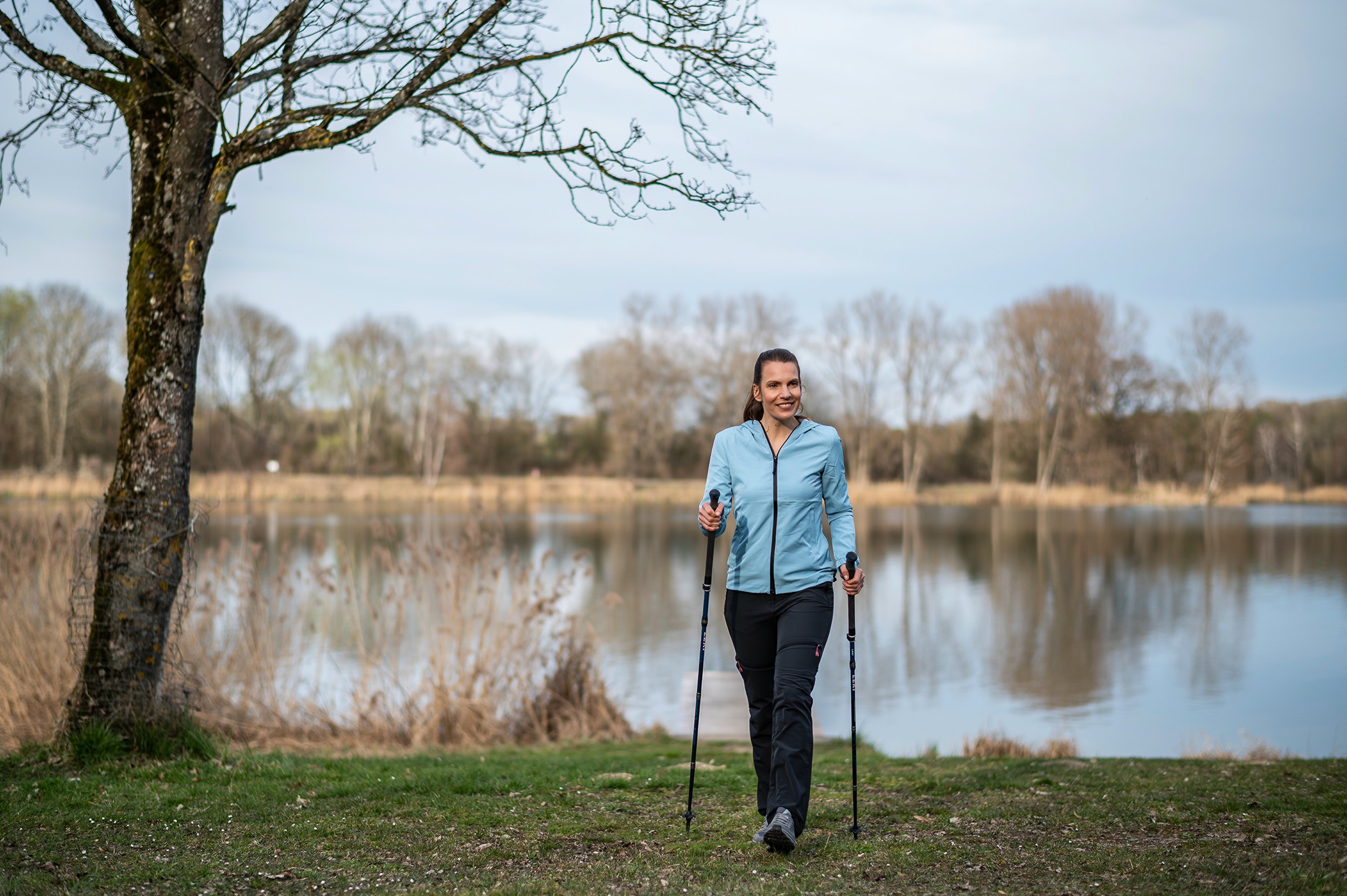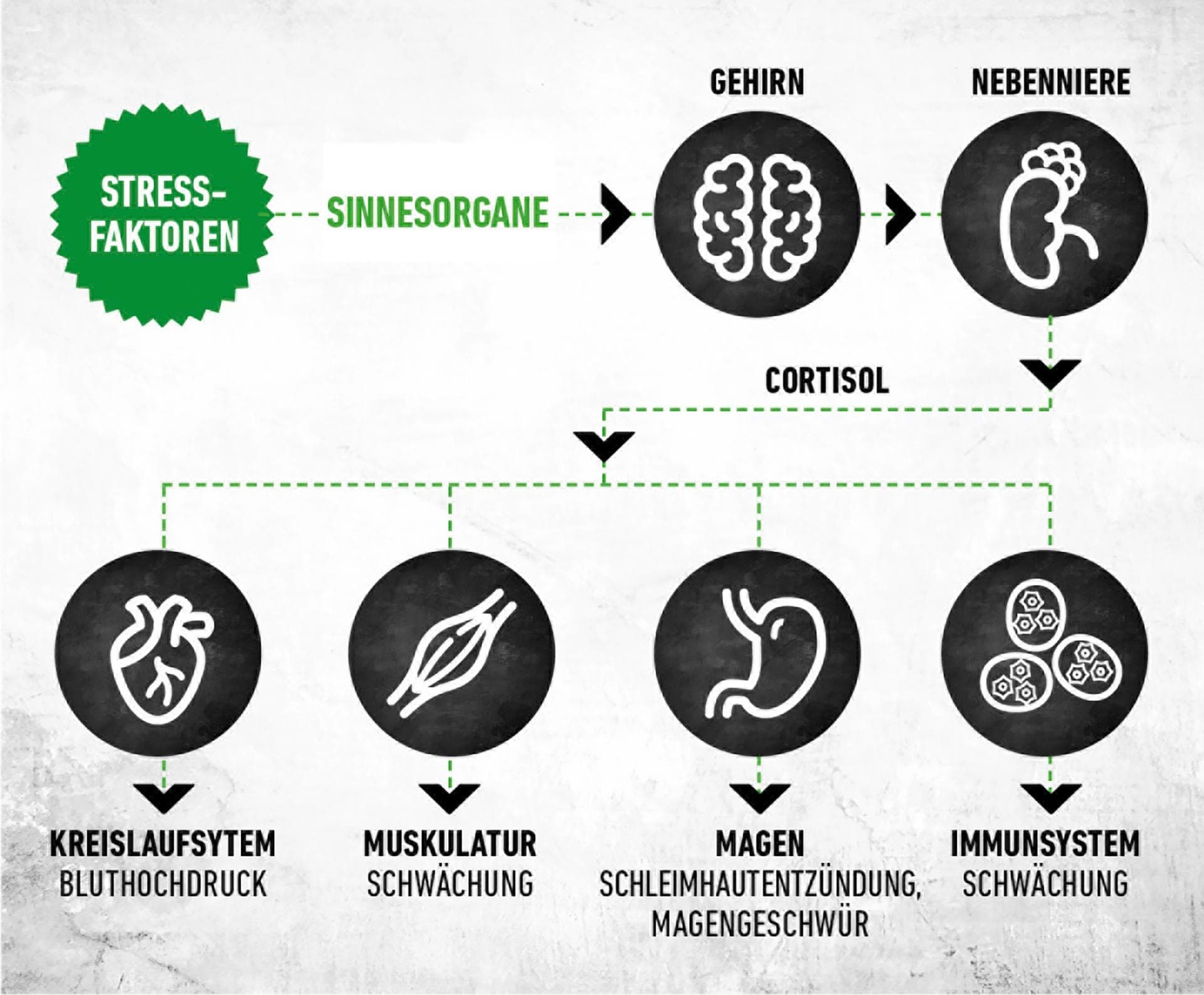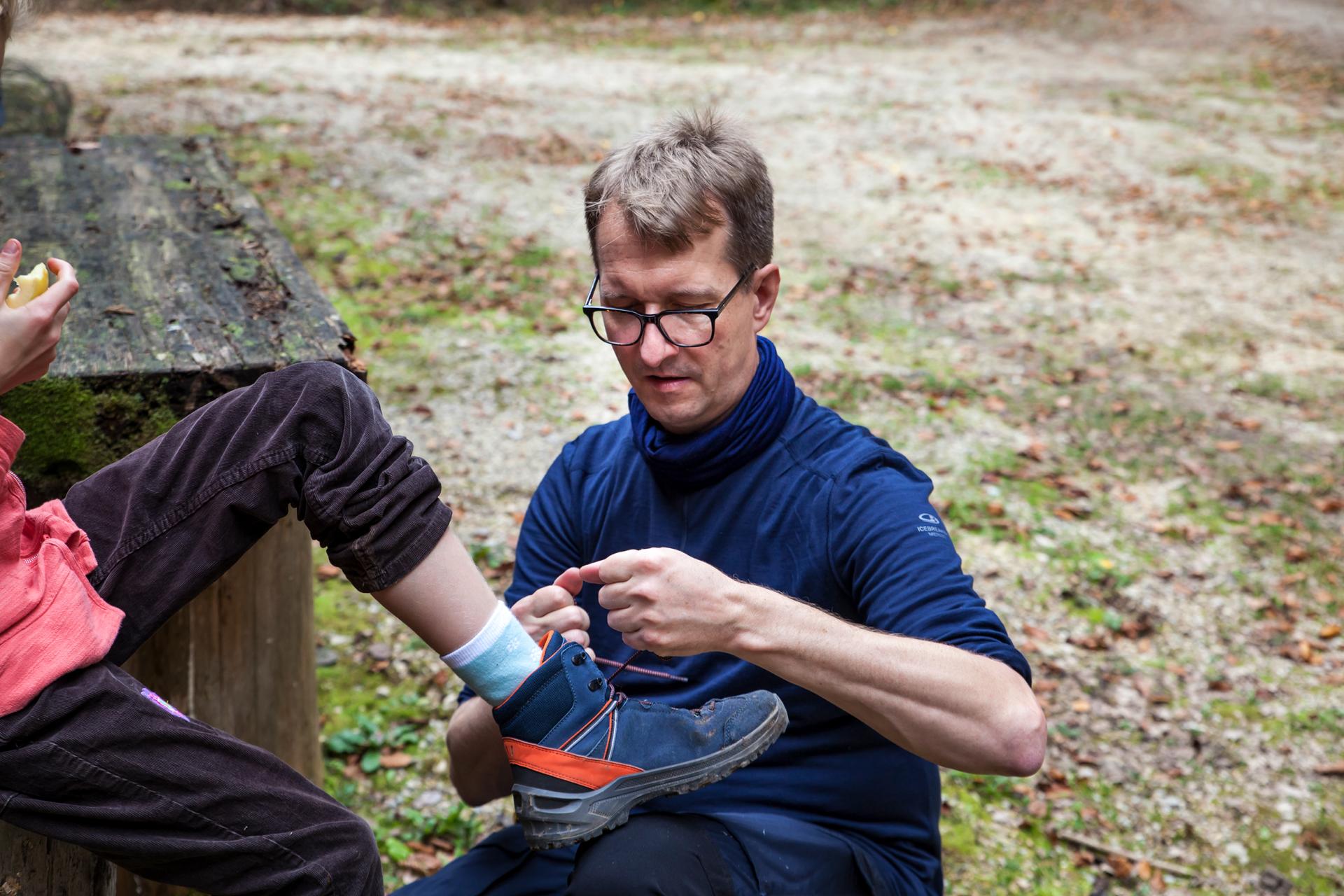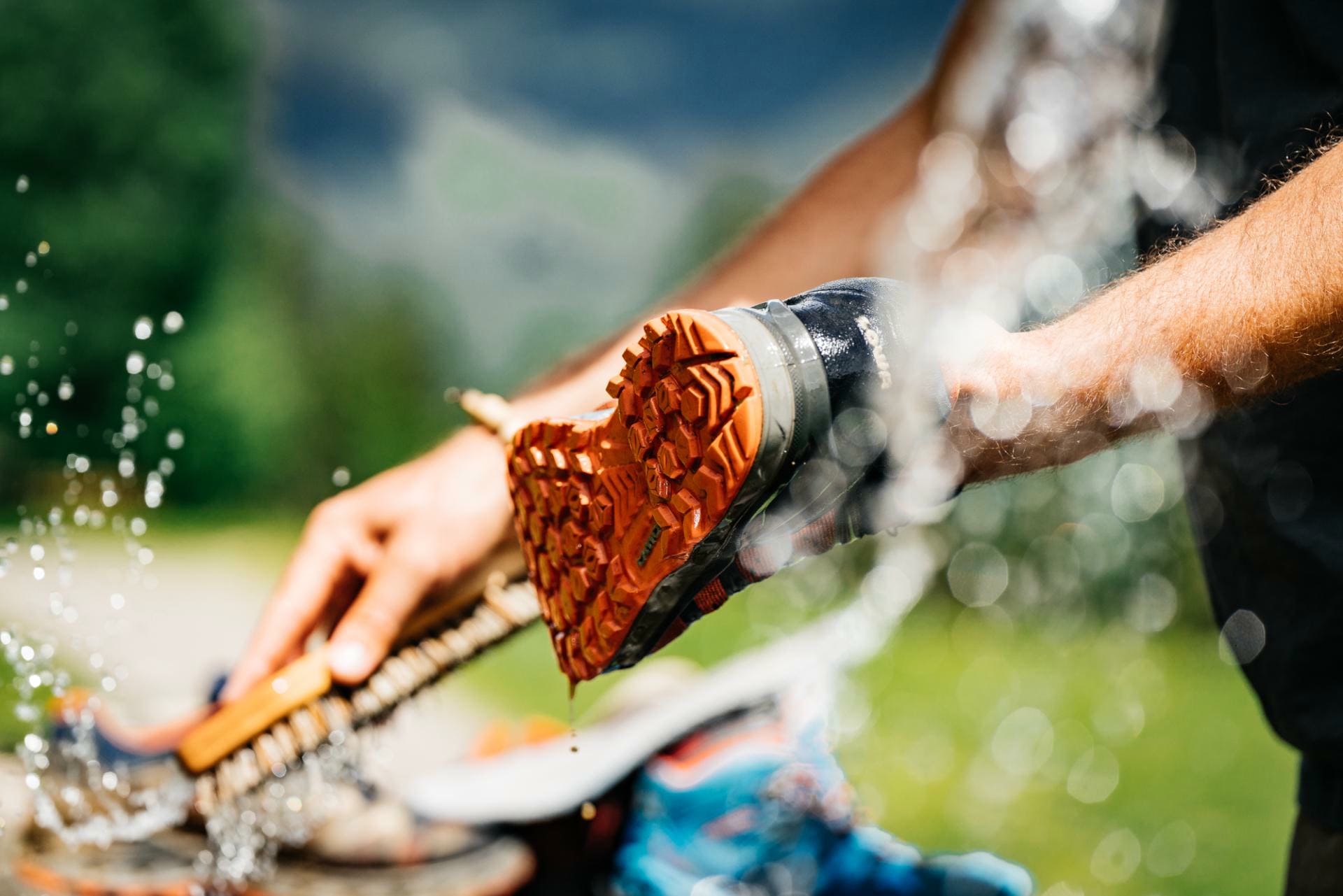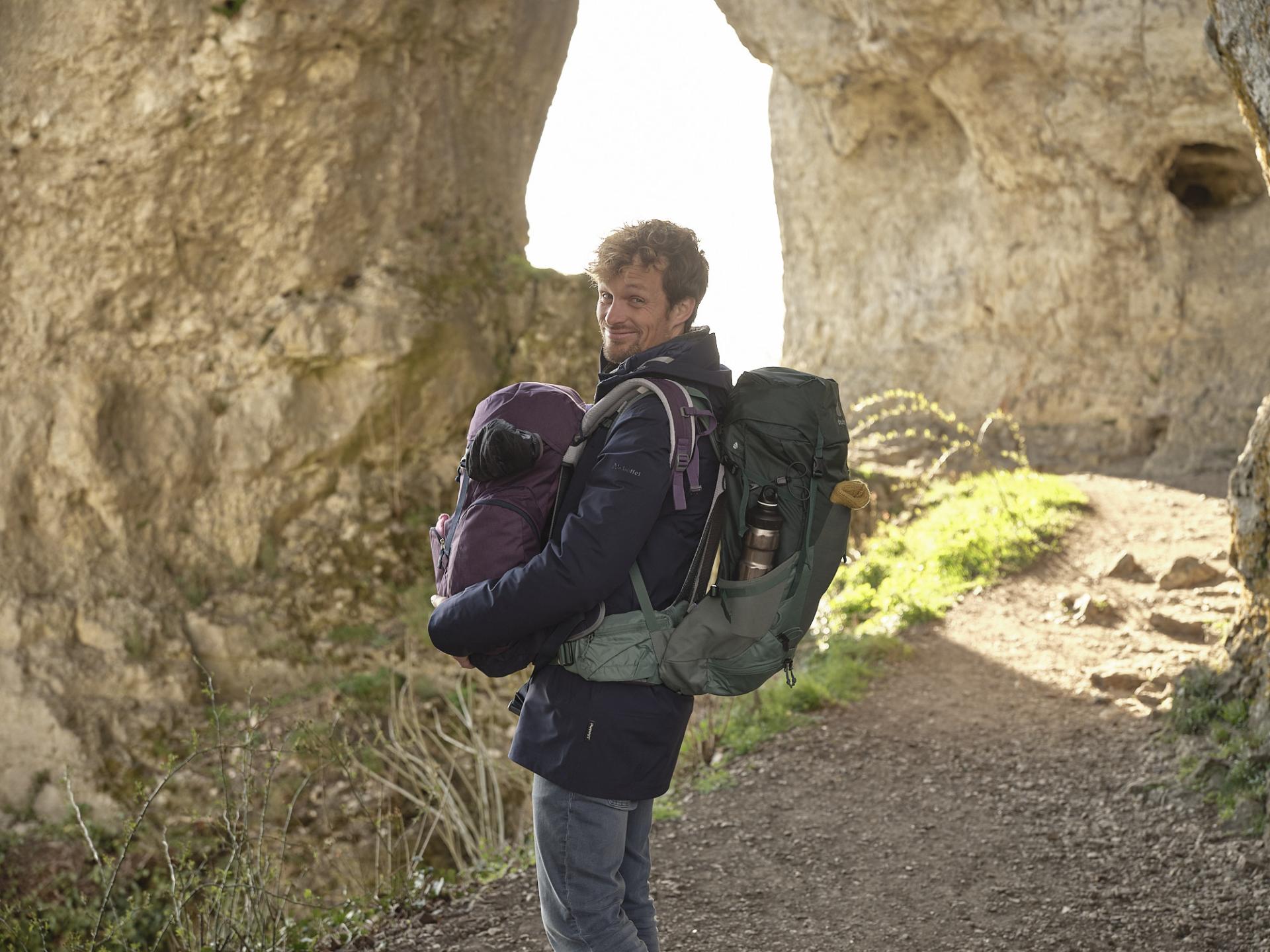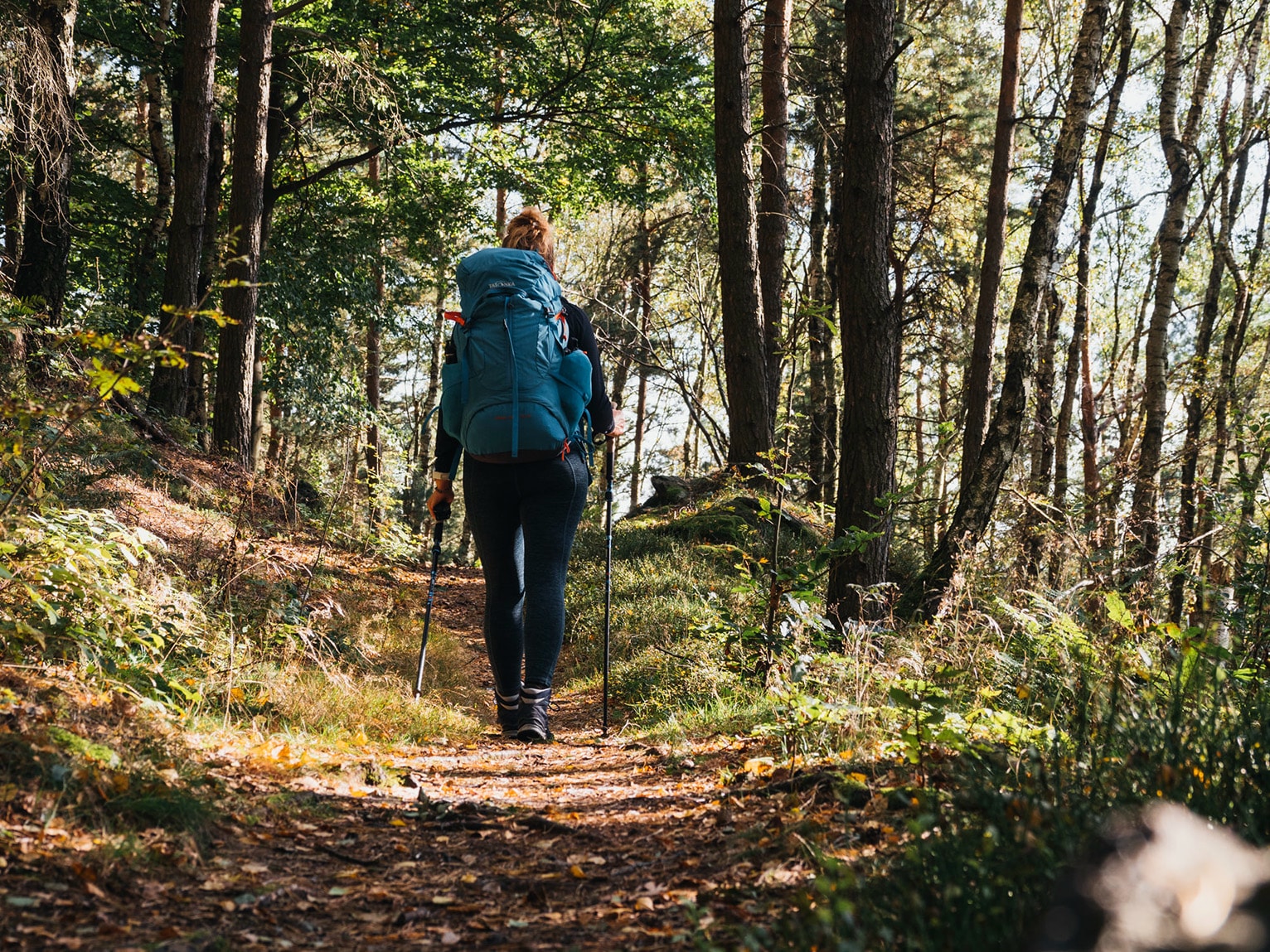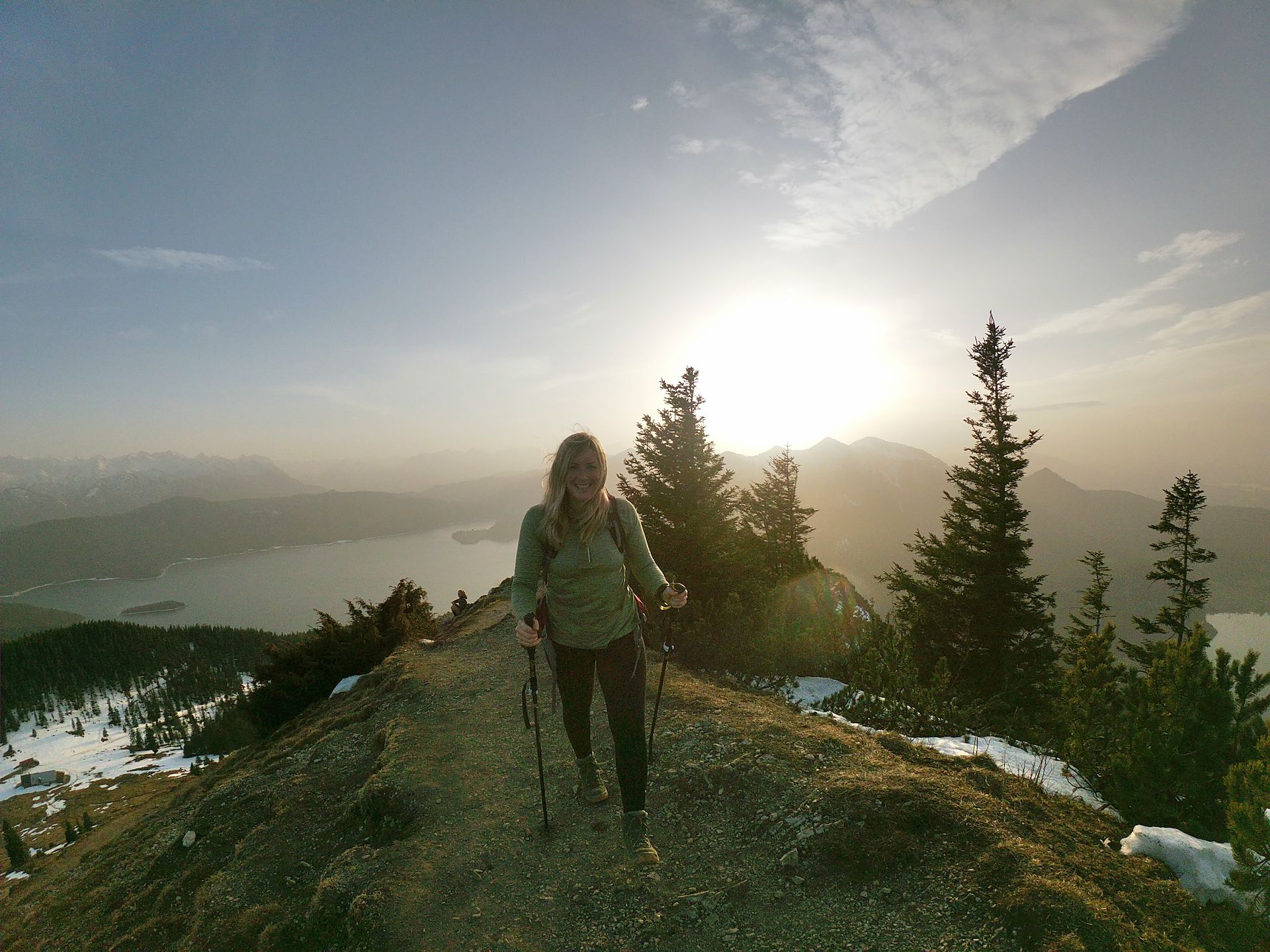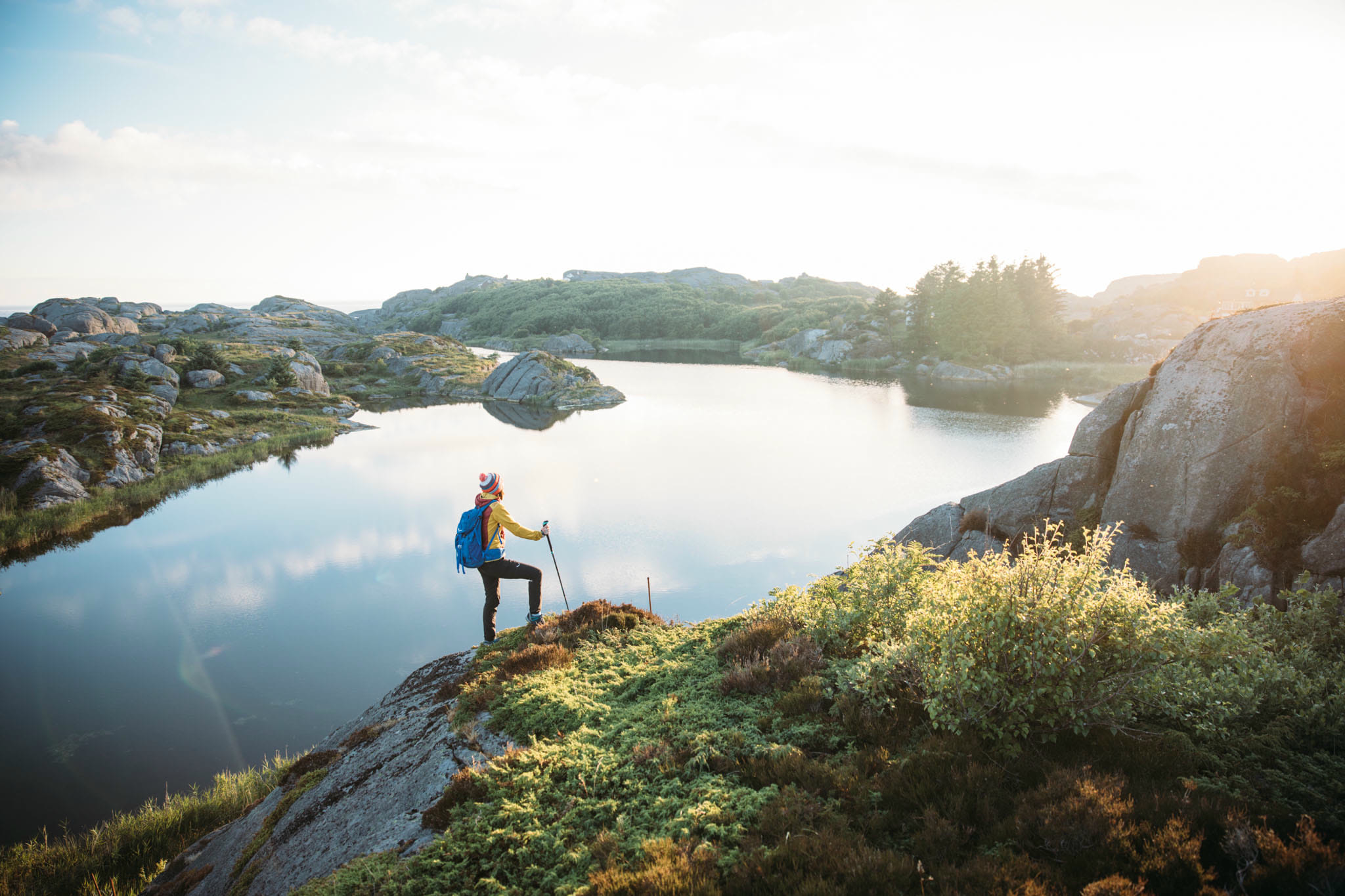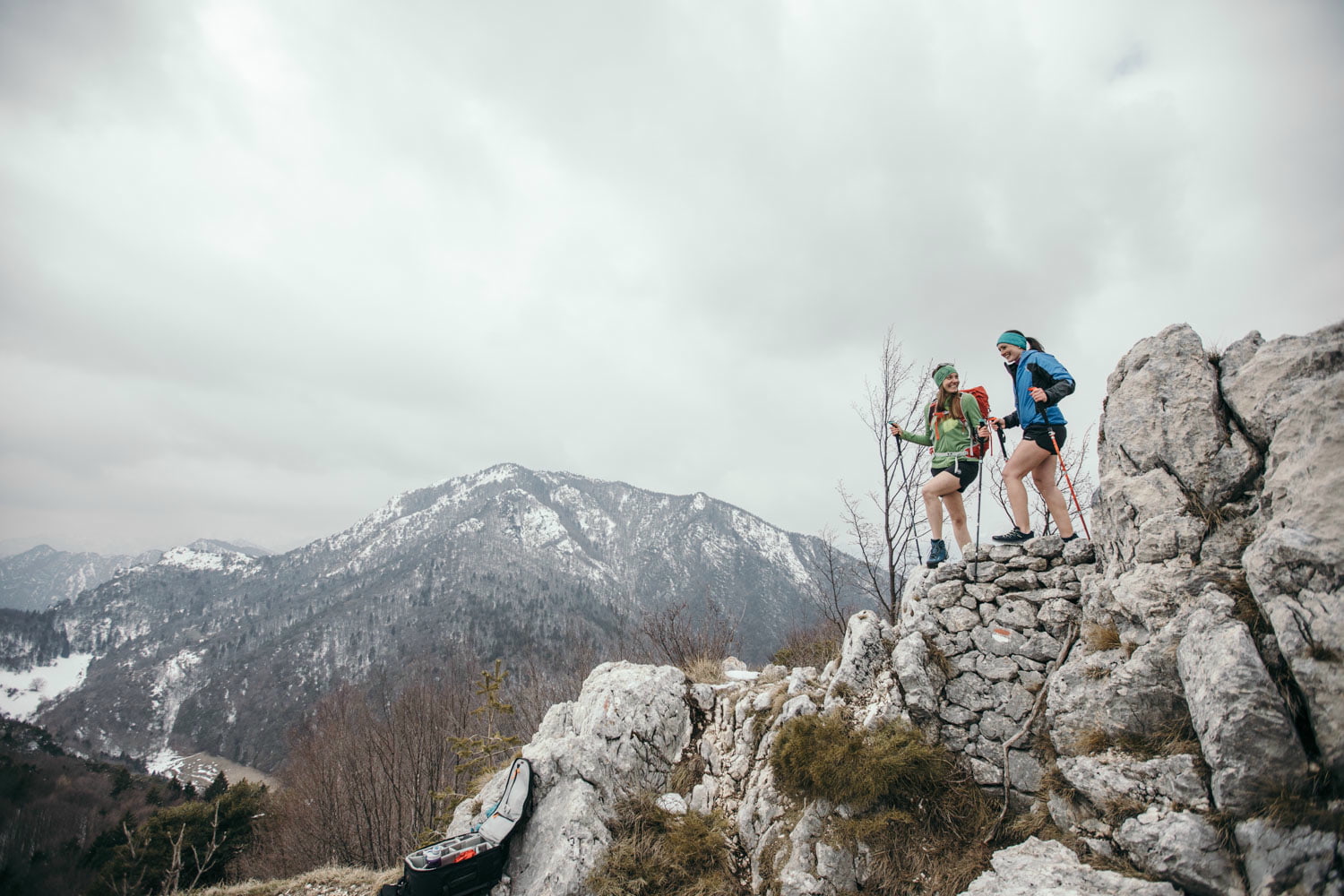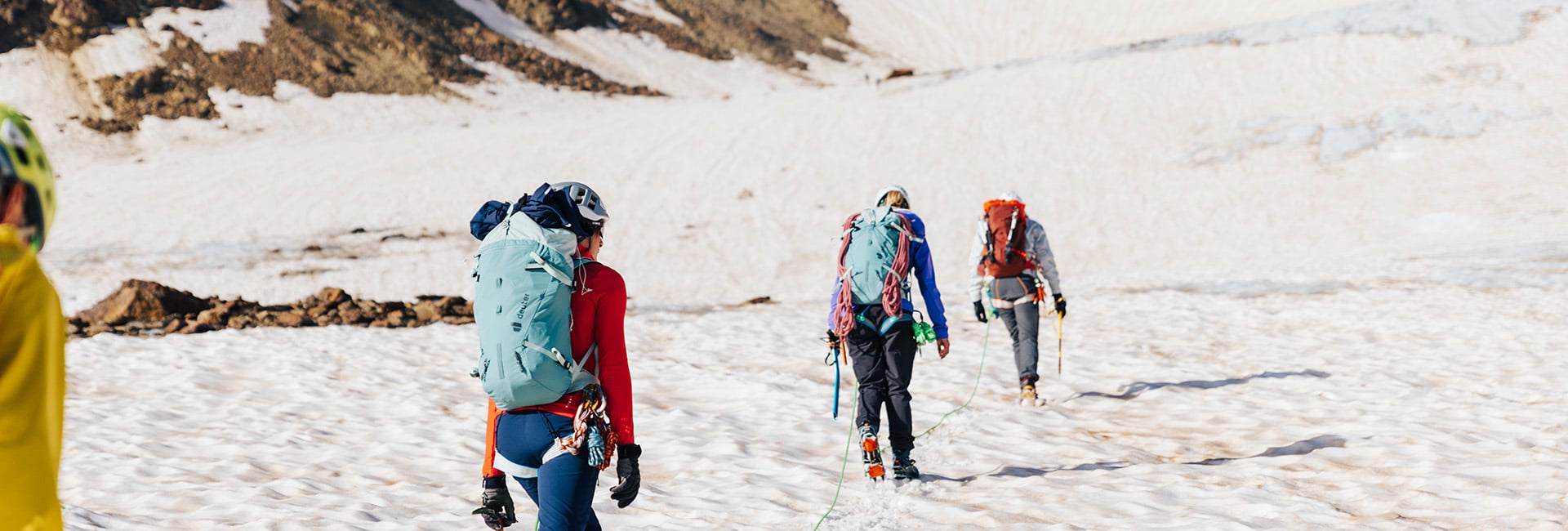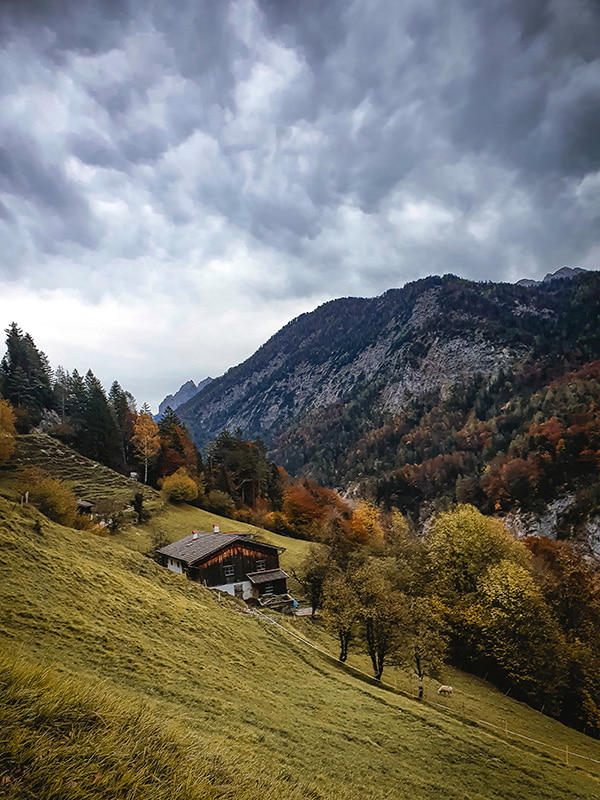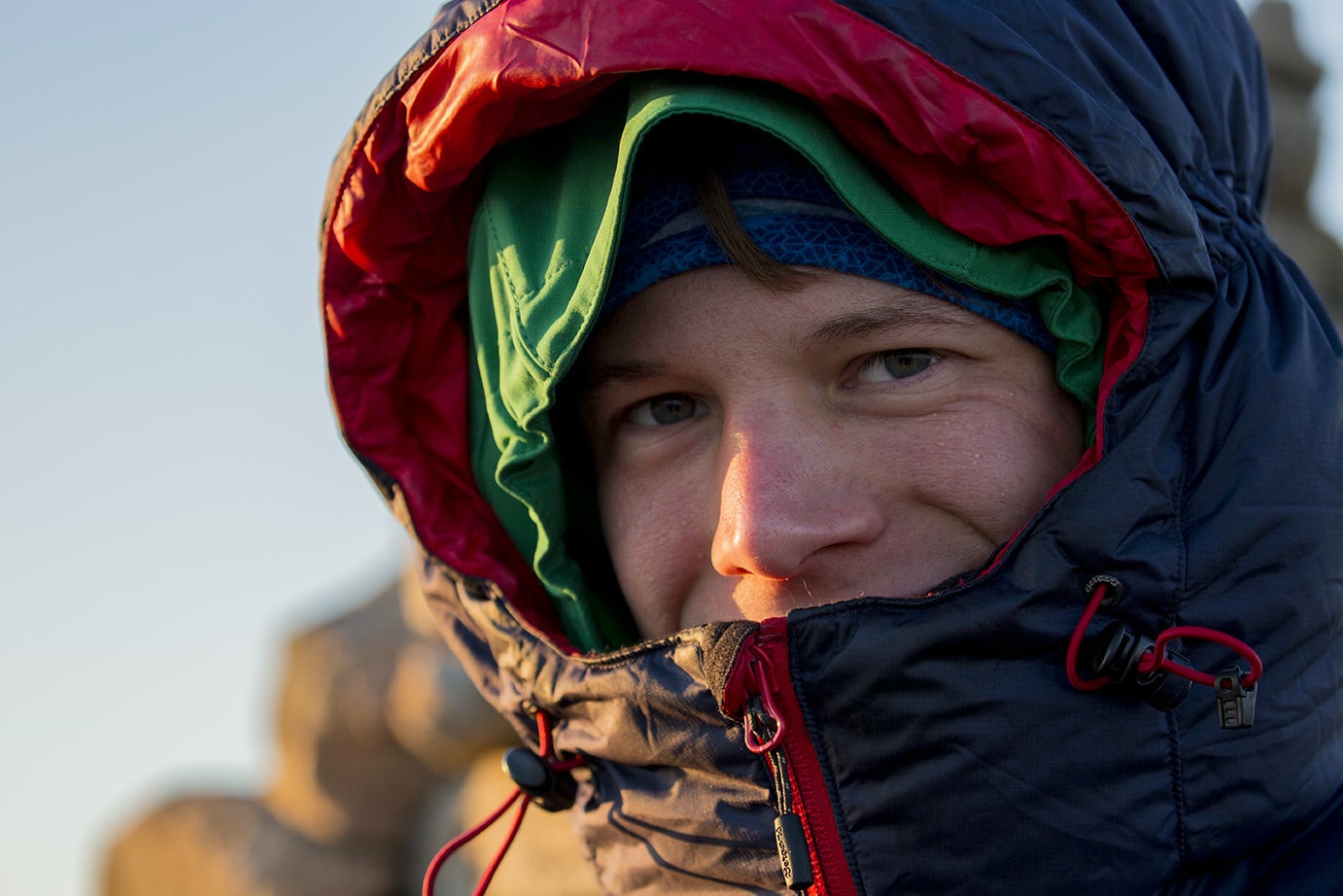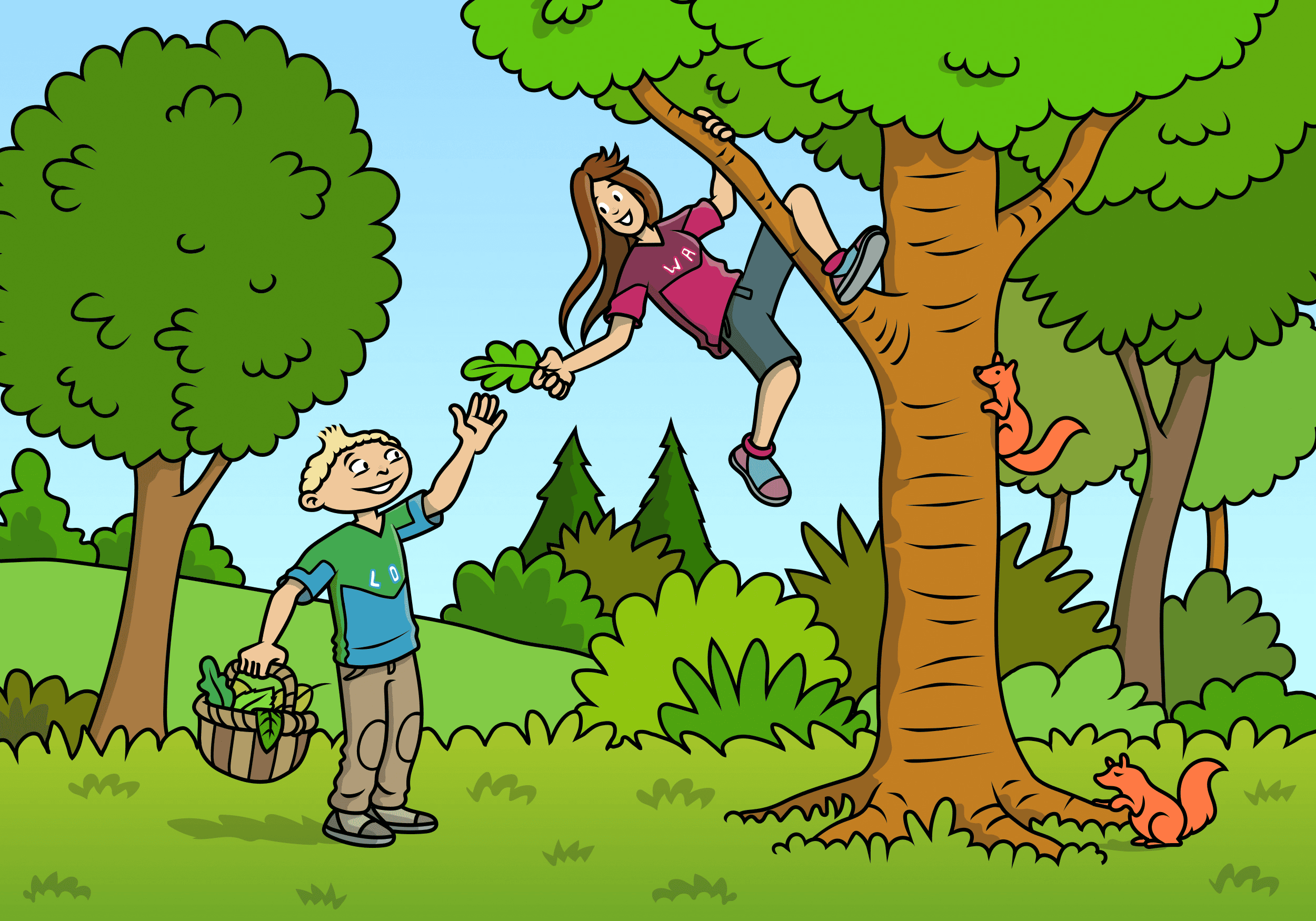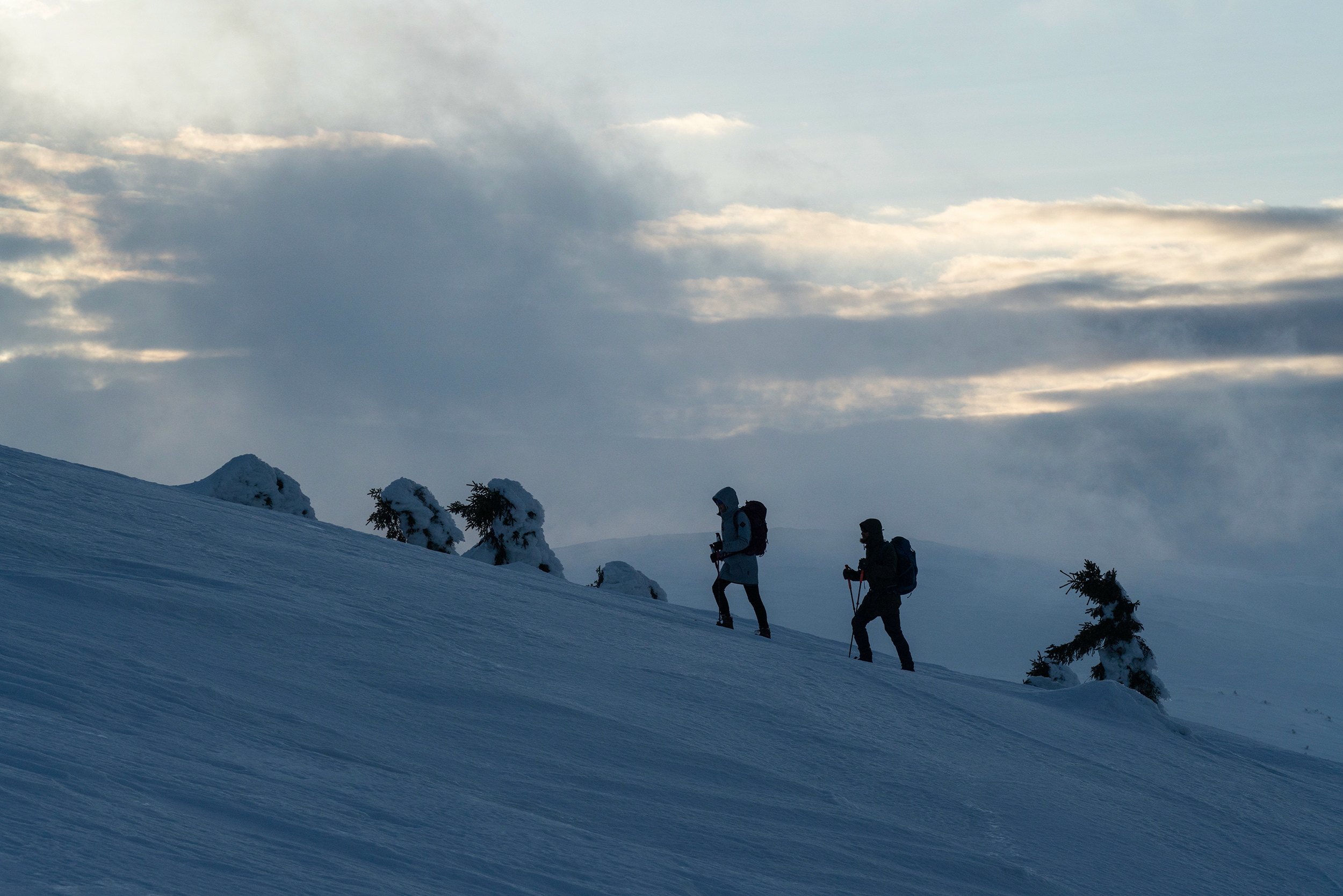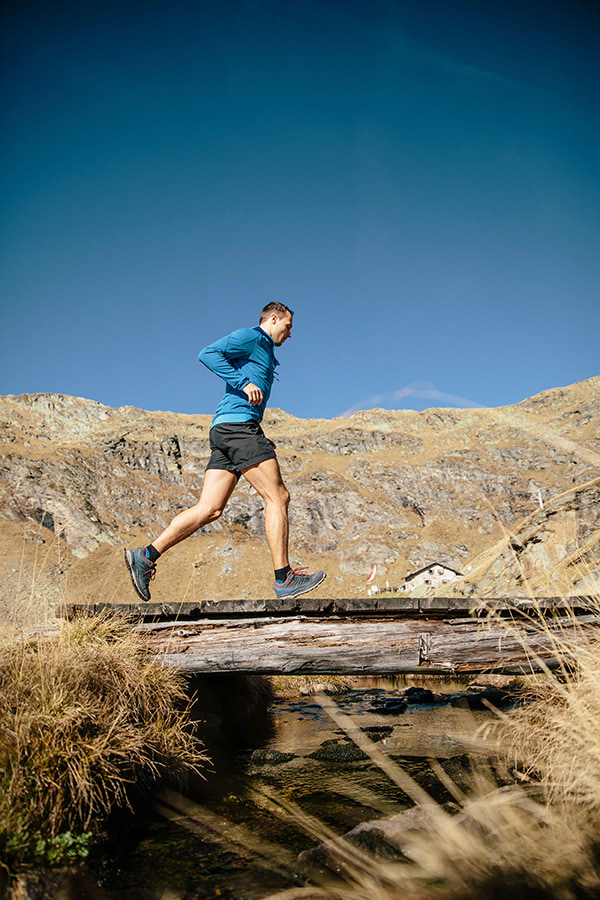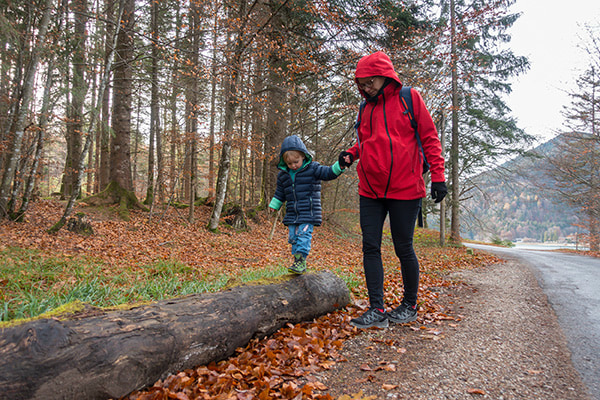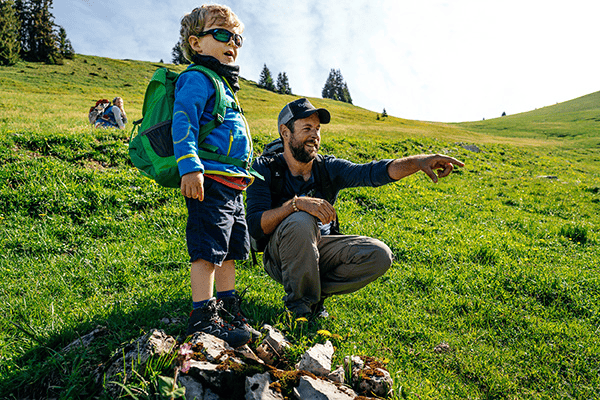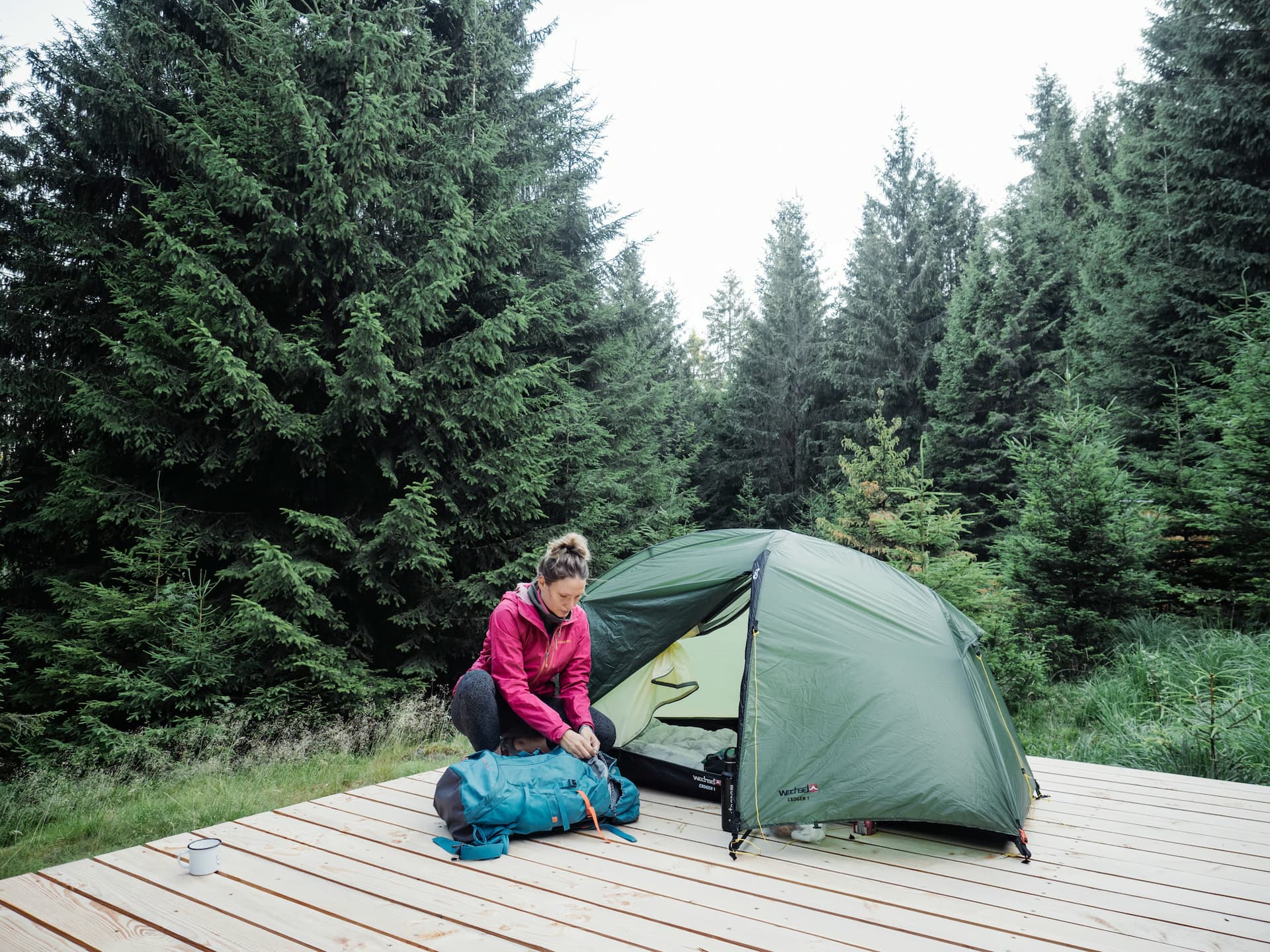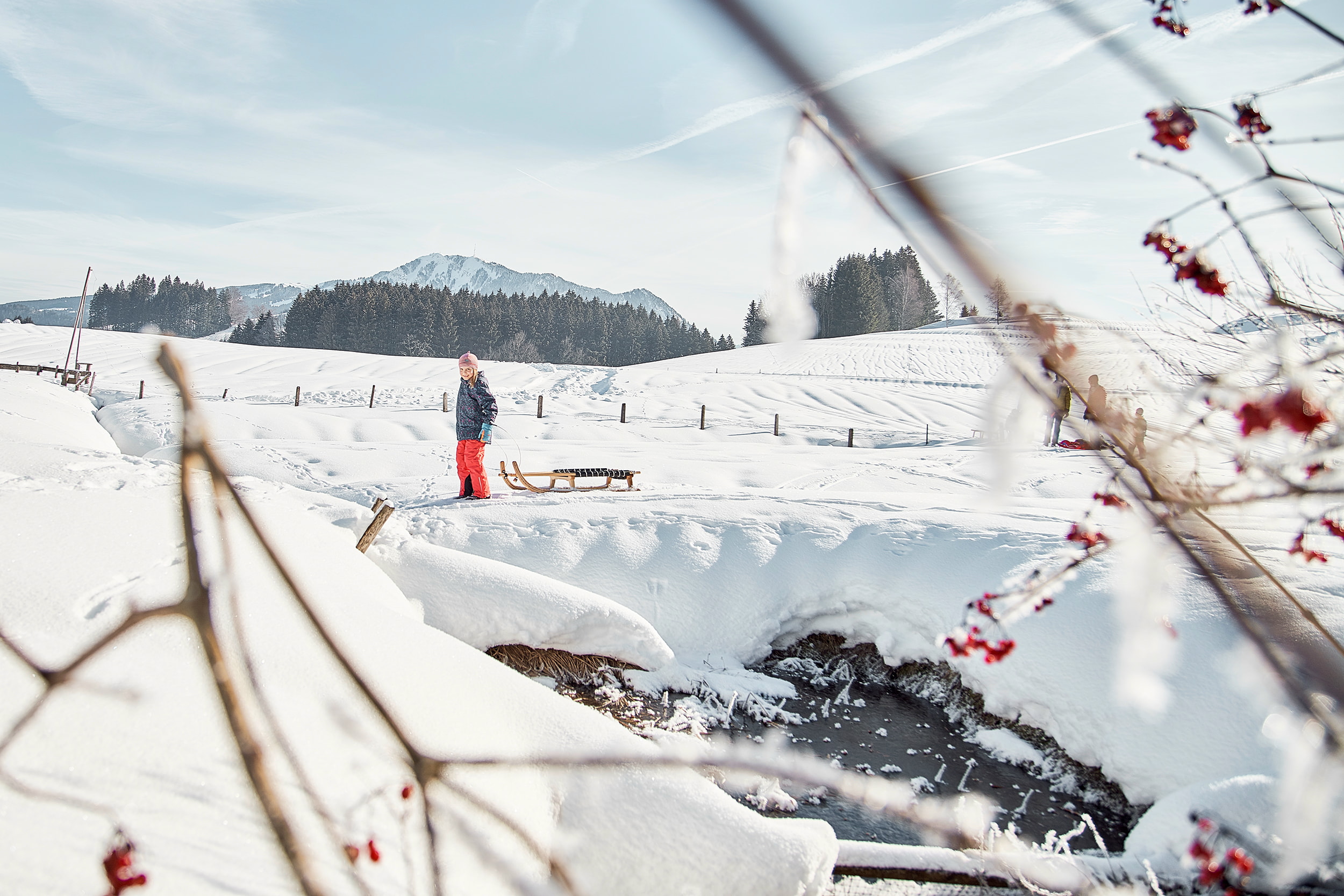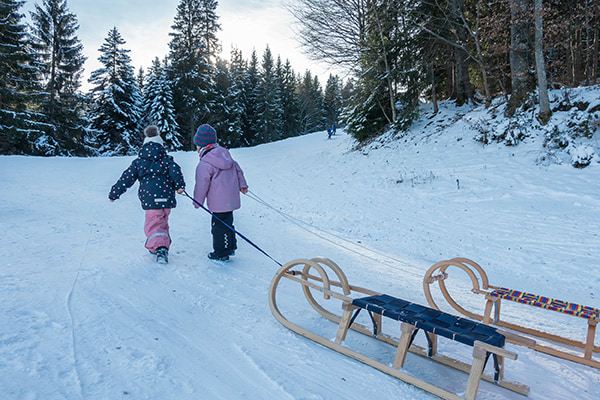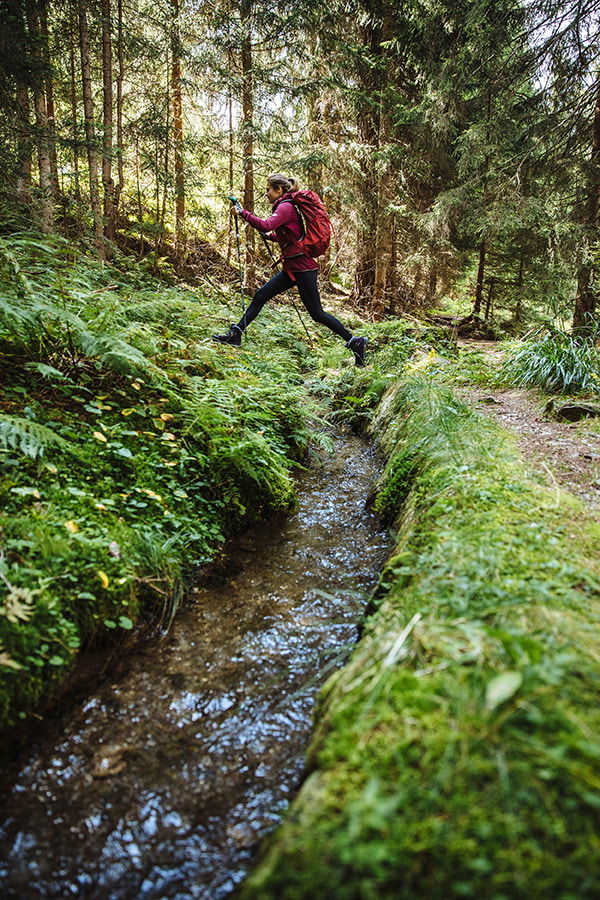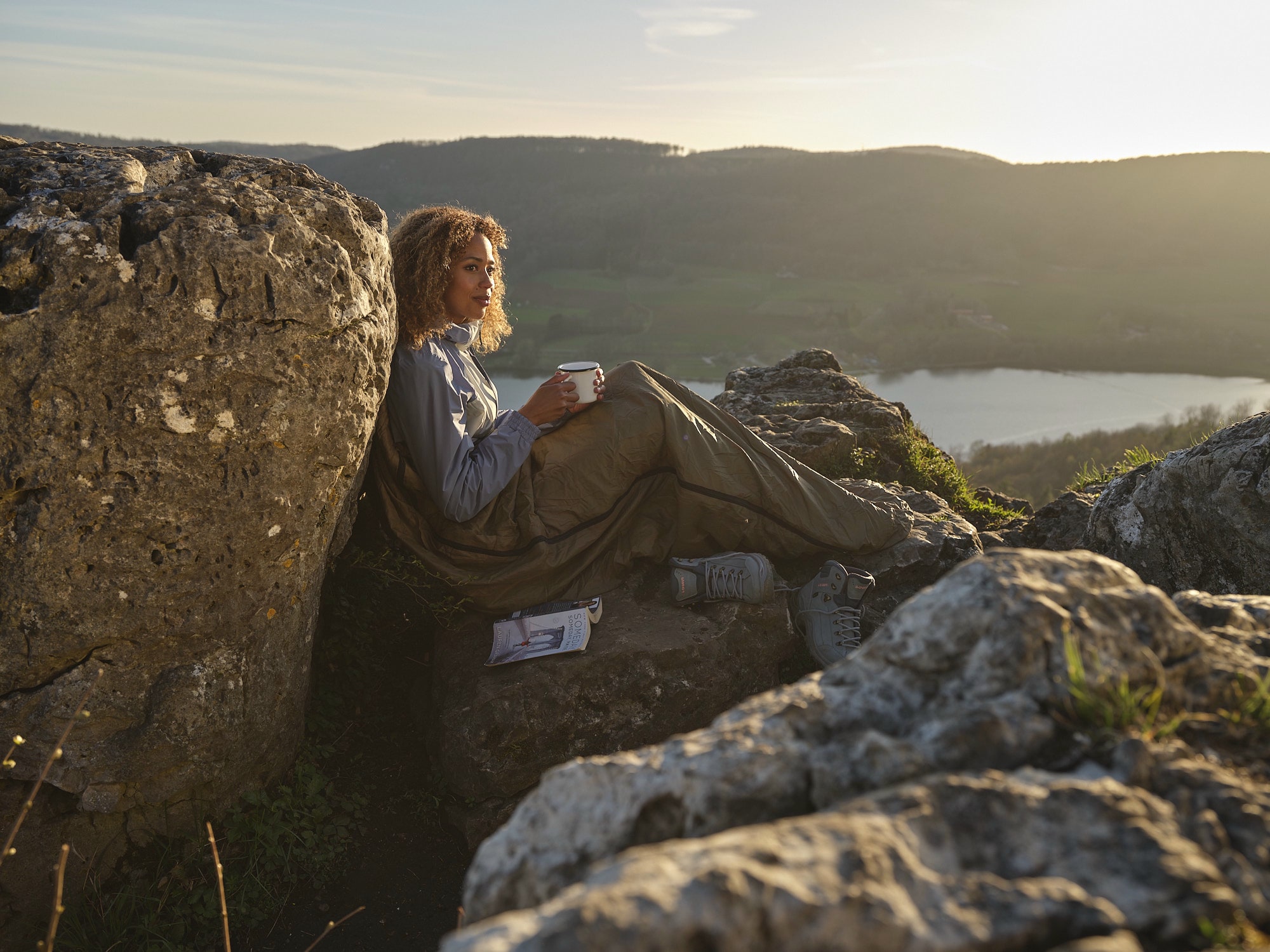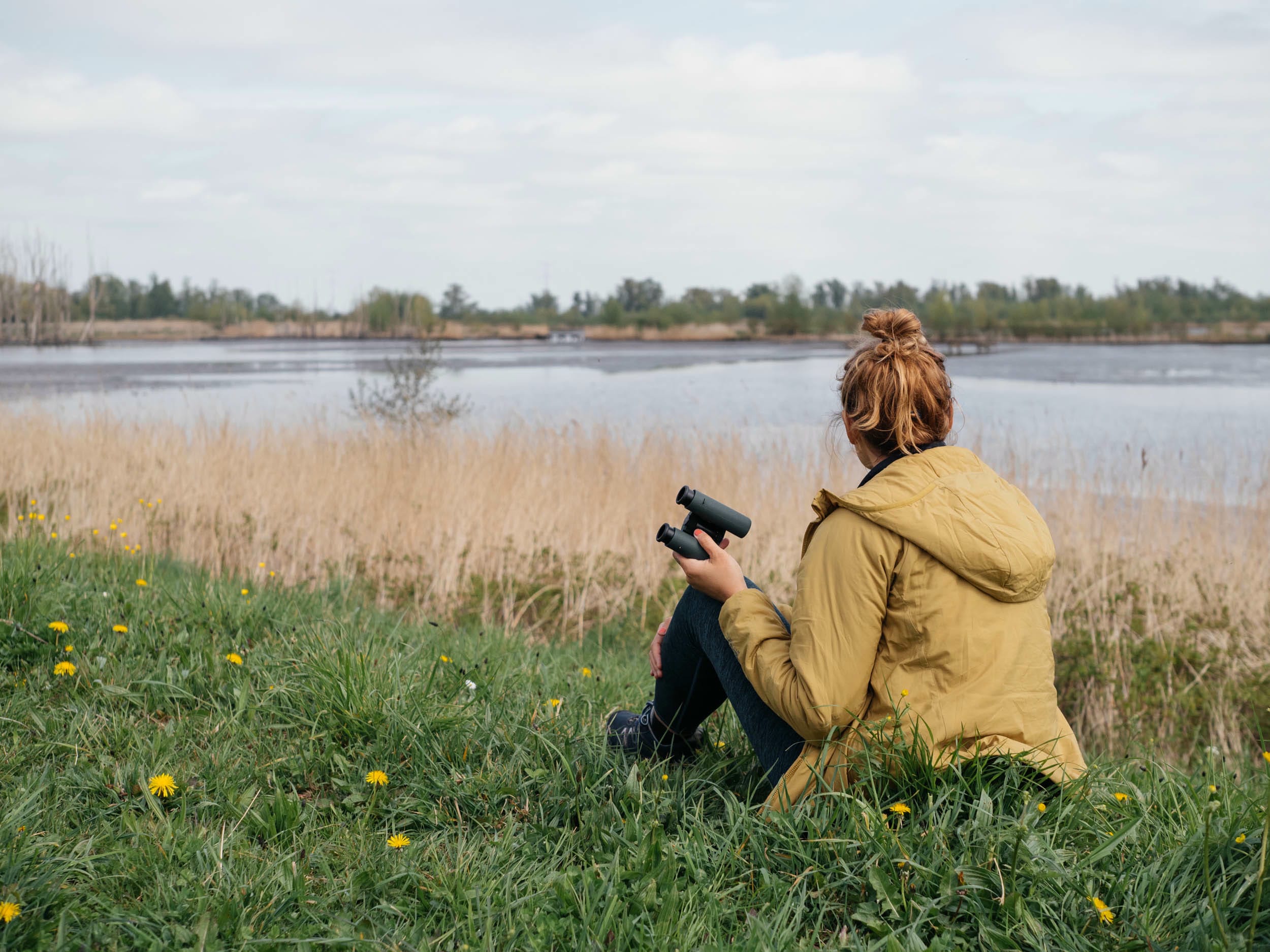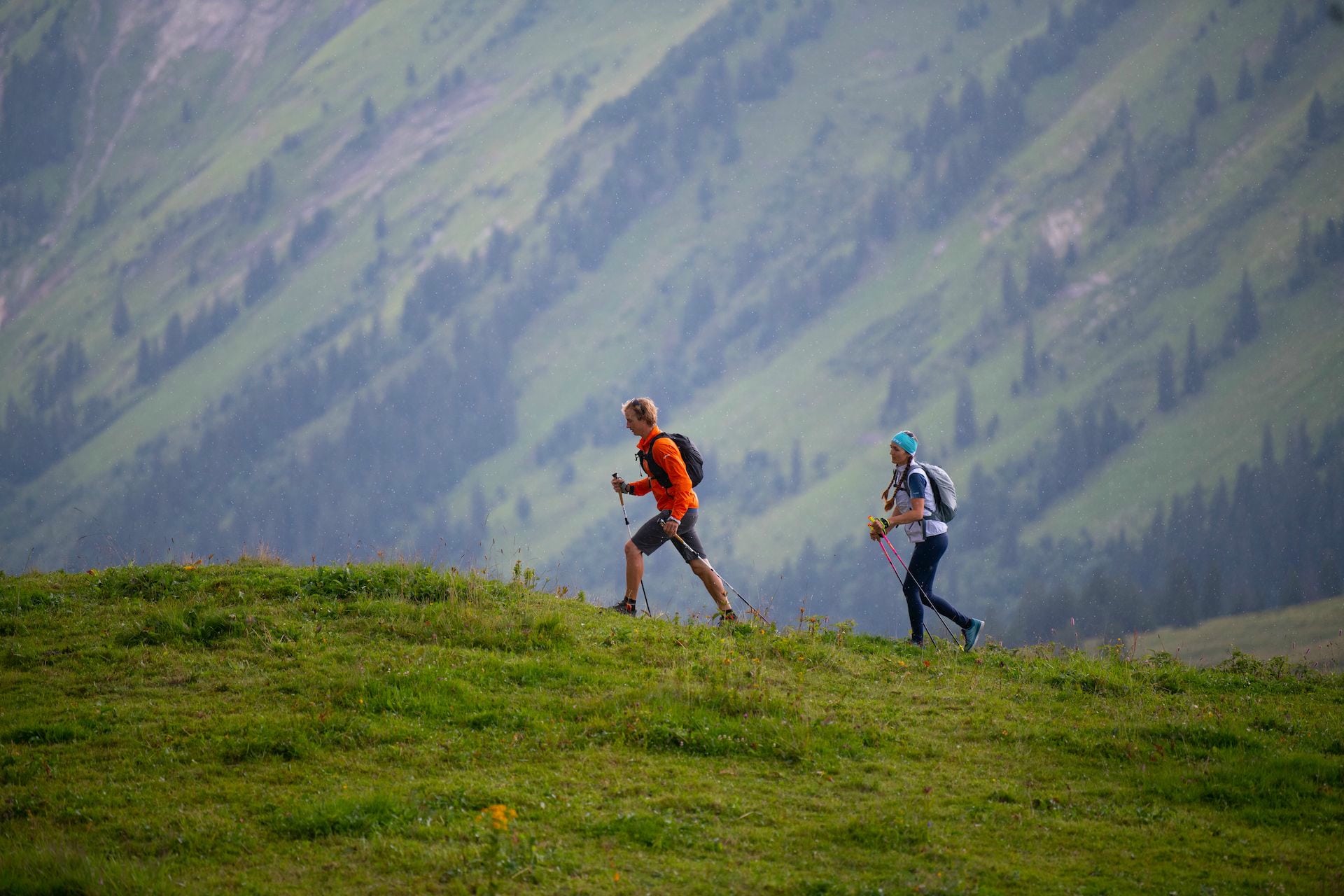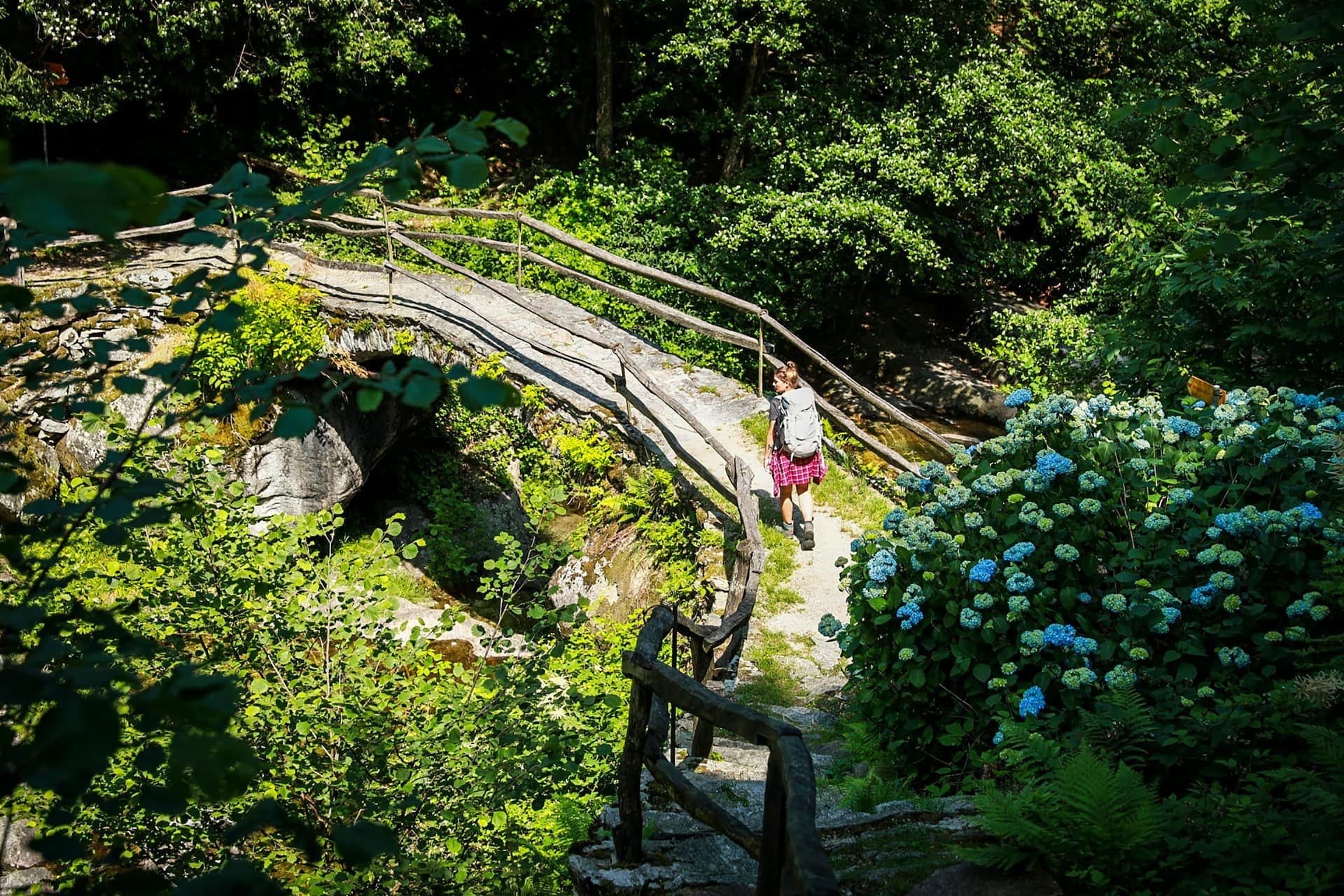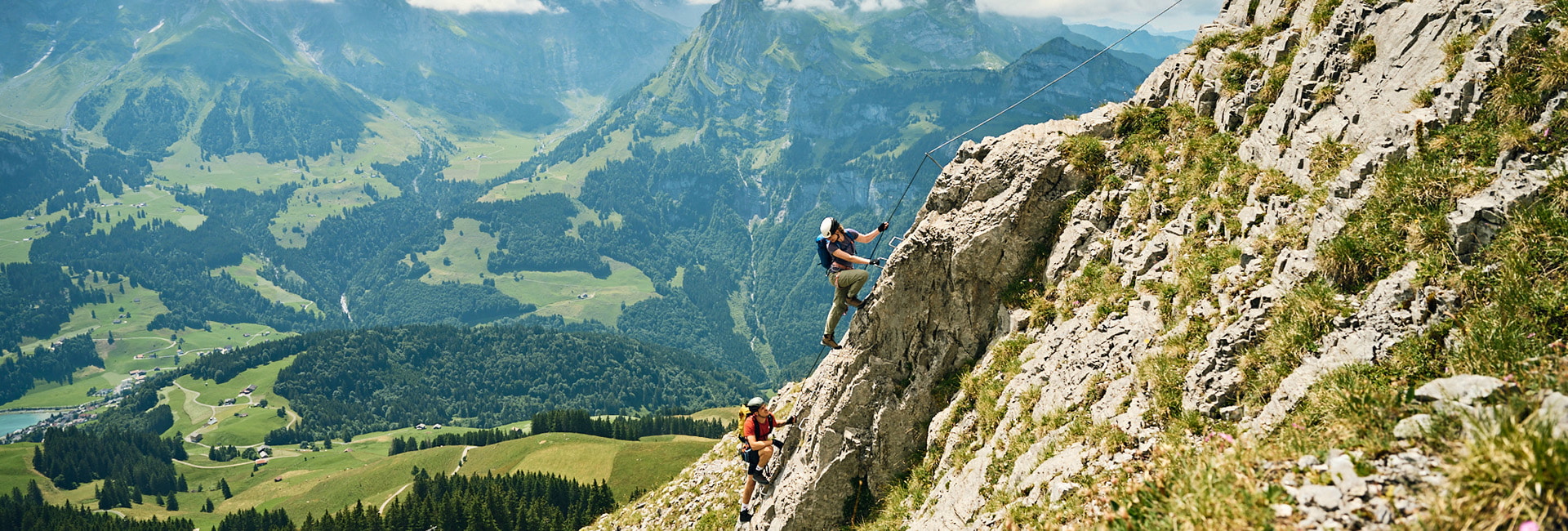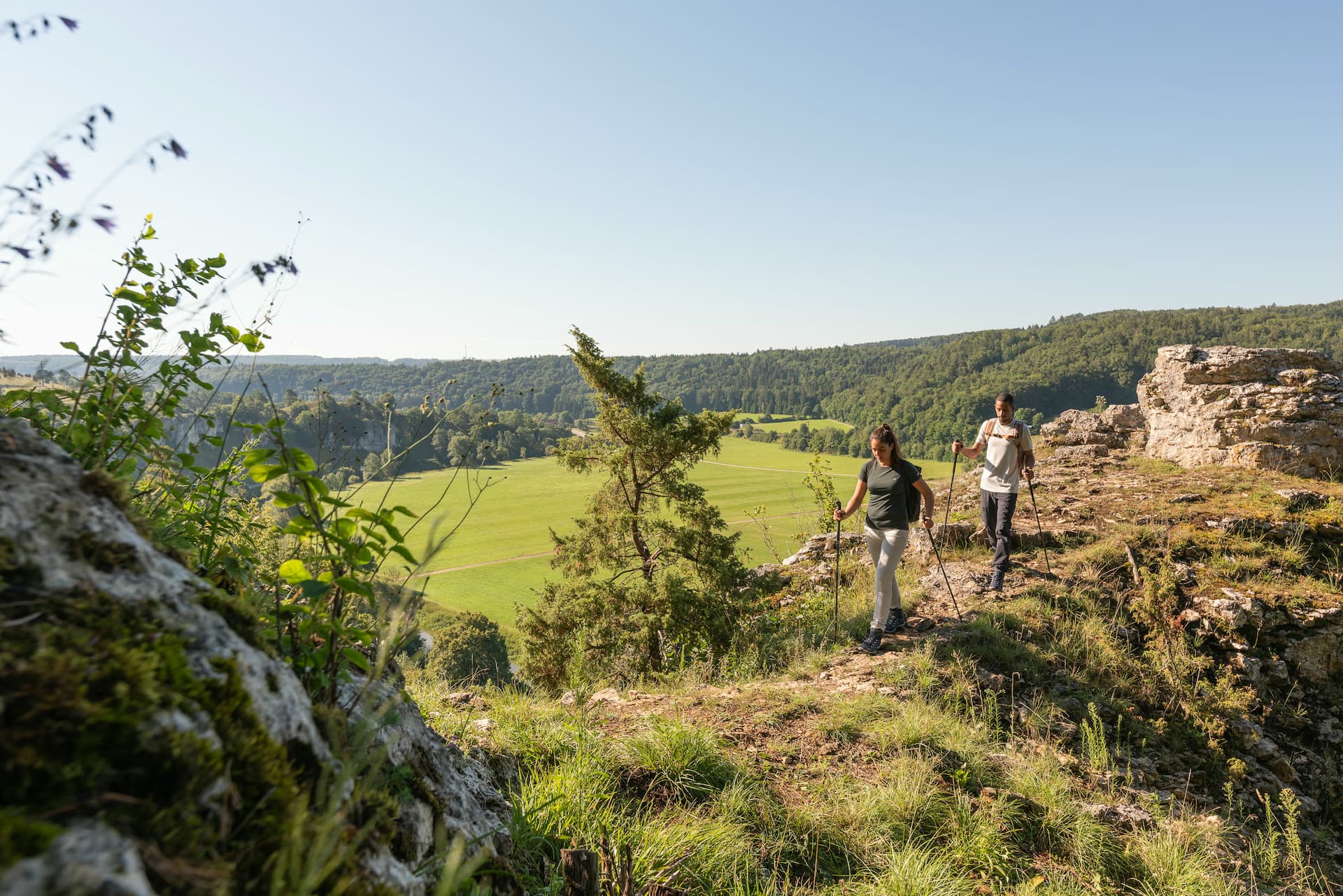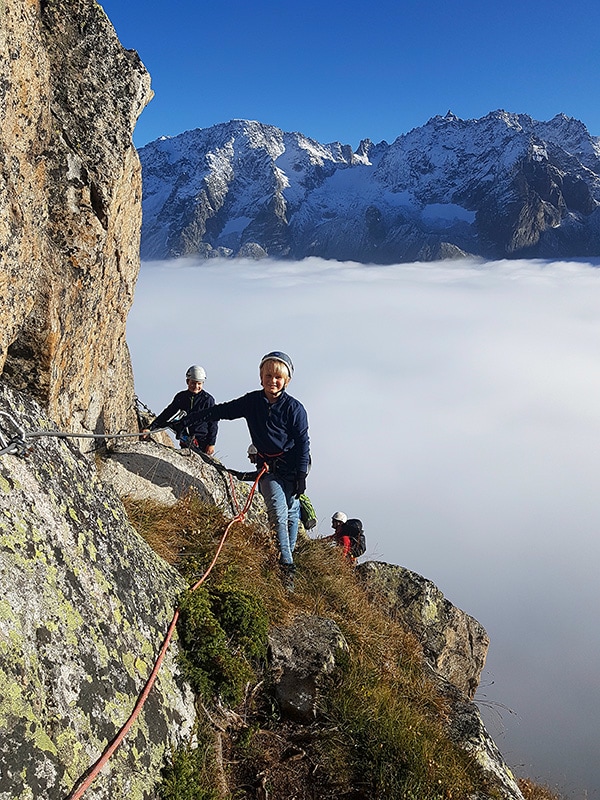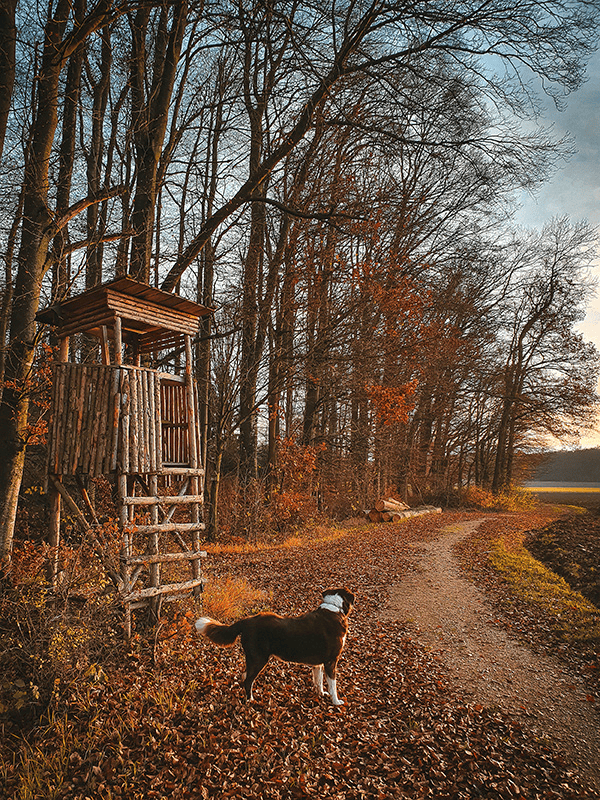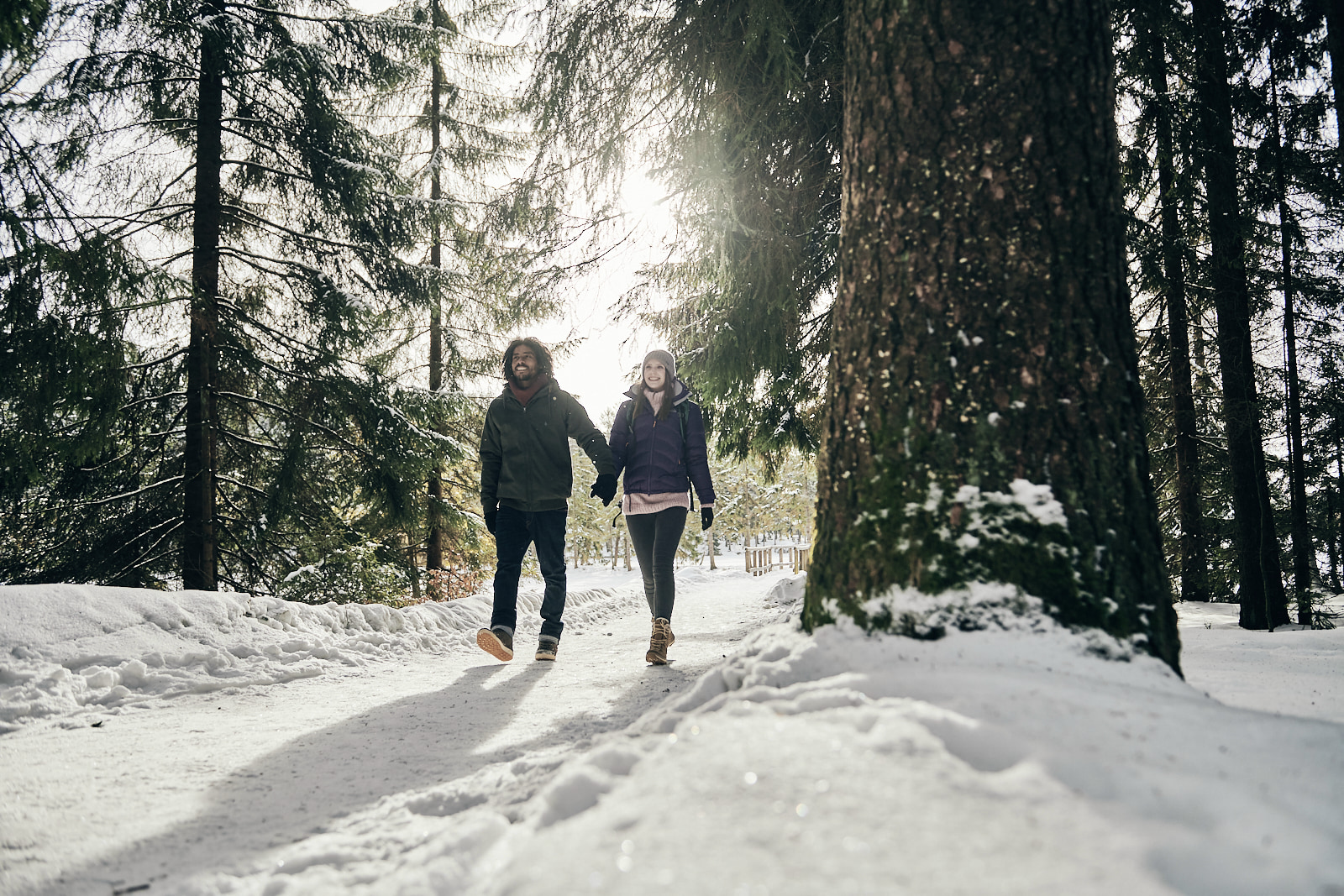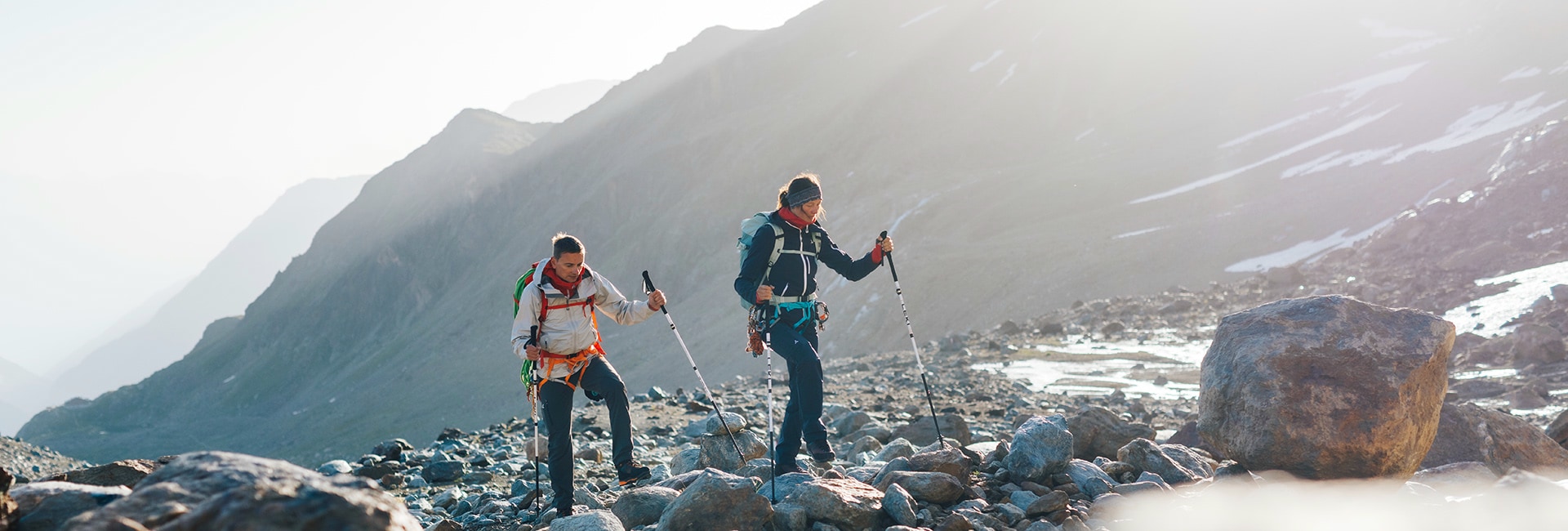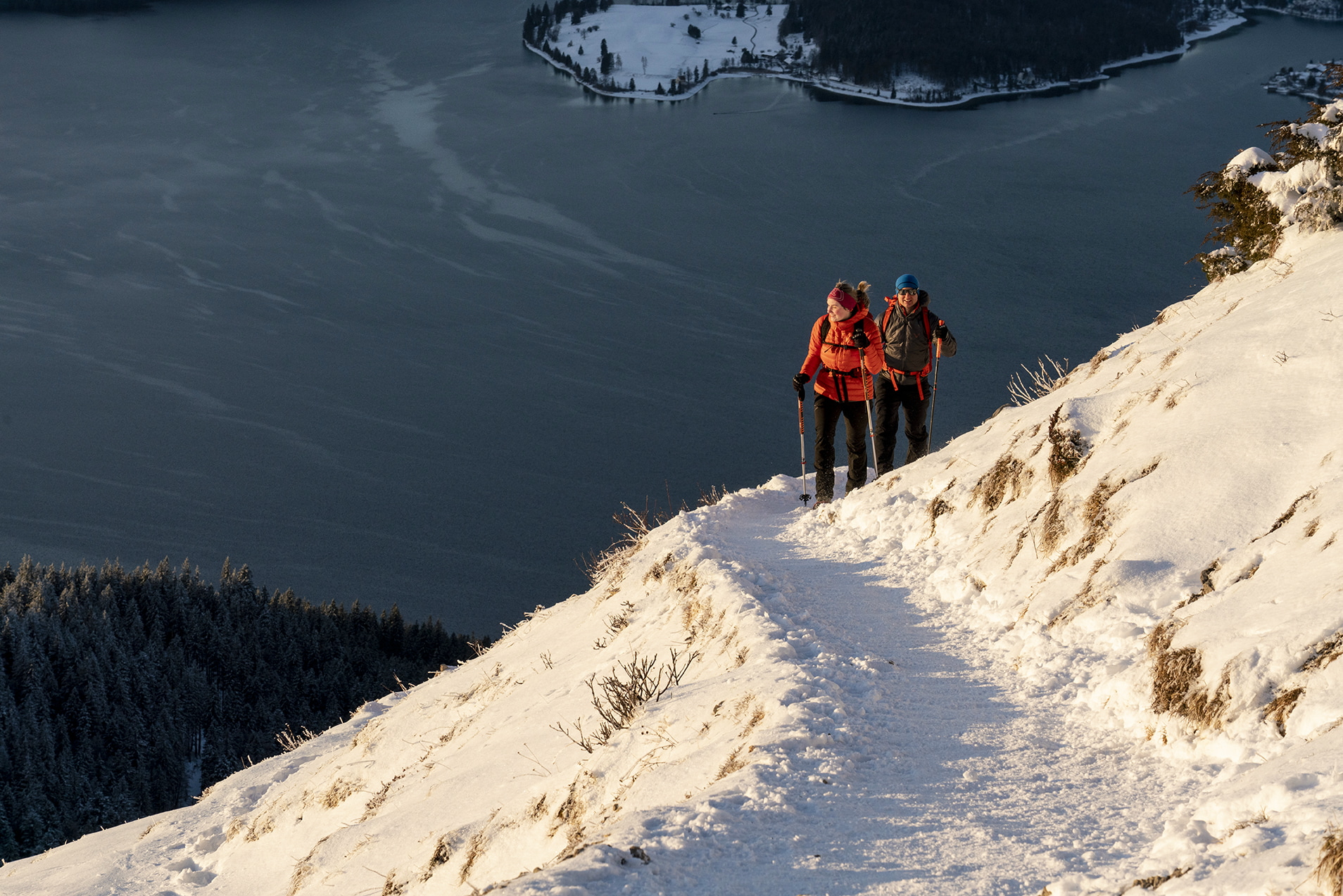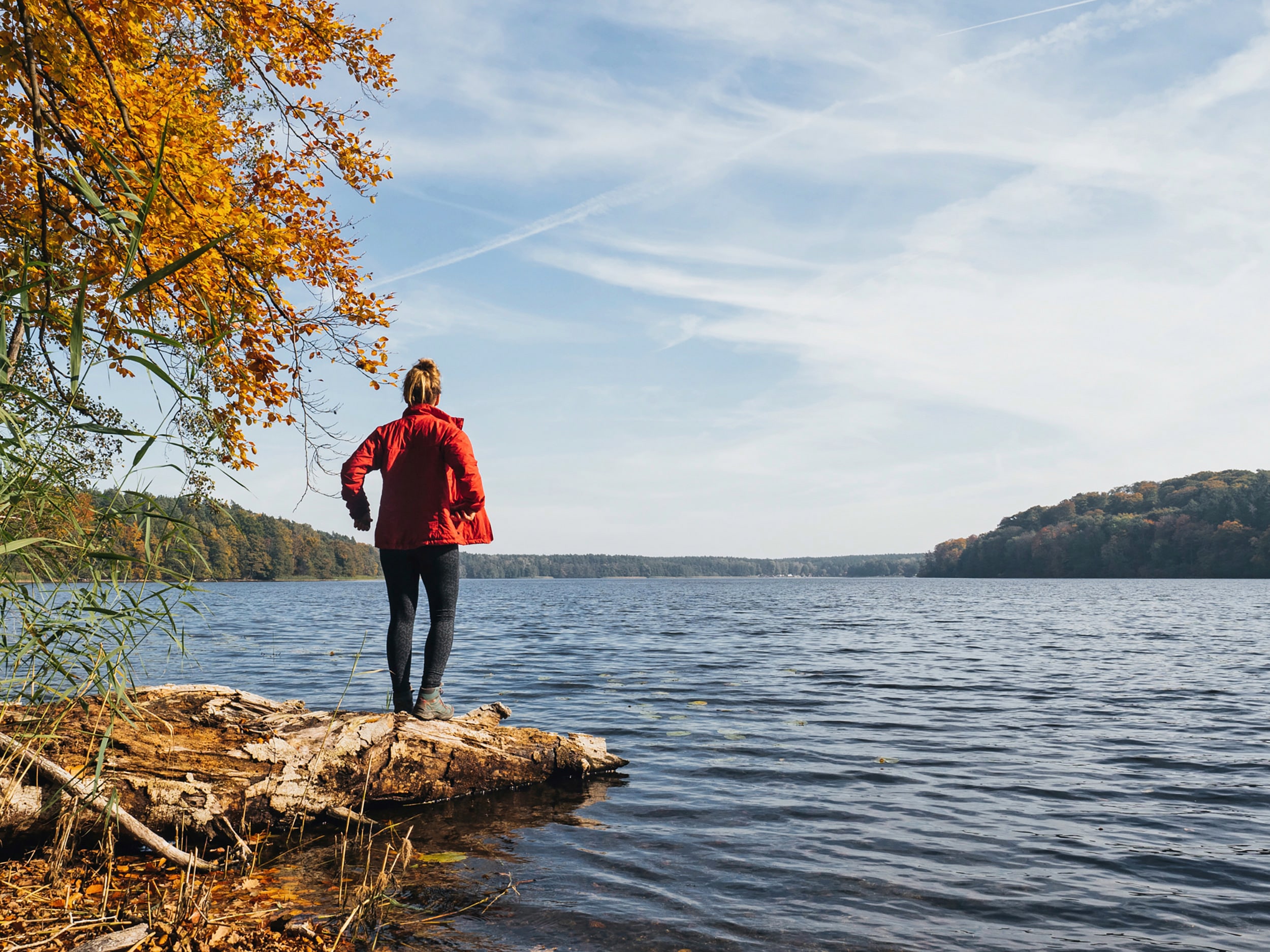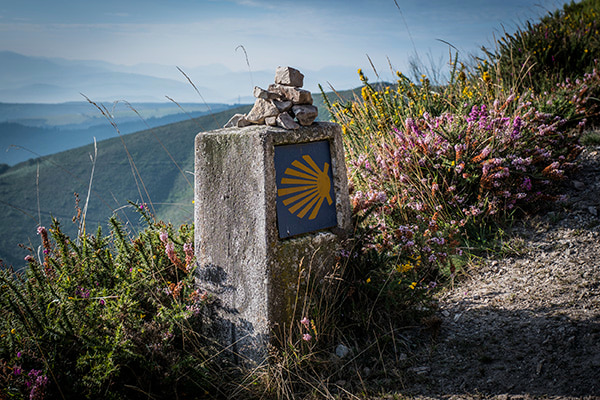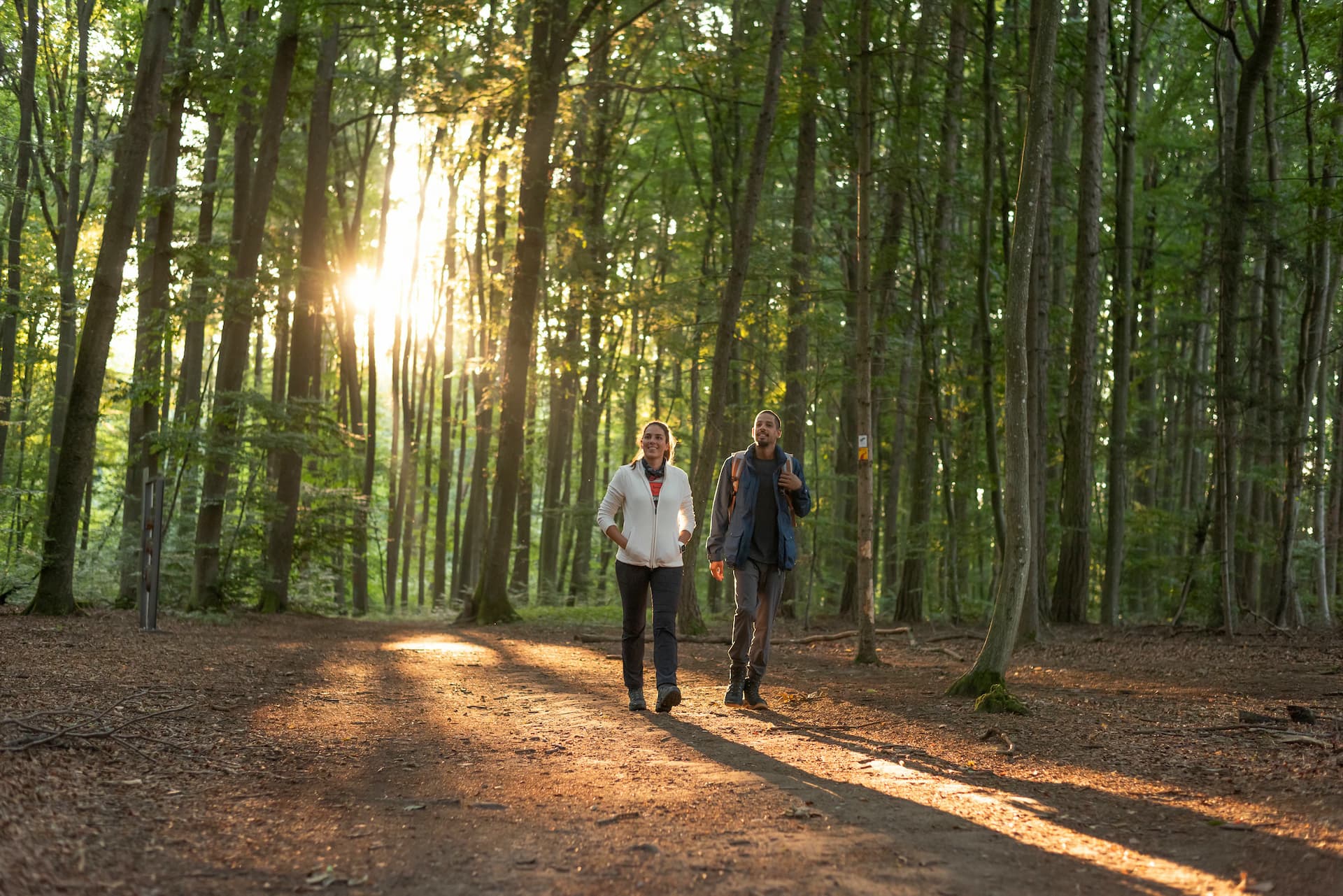Little exercise and a stressful everyday life: time to do something for our vital cardiovascular system and give it a little workout. My recommendation: exercise in nature! A hike or a walk in the fresh air definitely helps to reduce stress. You can read exactly how this works in the latest blog article.
If we analyse our everyday lives carefully, we realise that we do very little exercise. If we then take a closer look at the things that consciously or perhaps unconsciously stress us, we will certainly identify many factors that have a negative impact on our cardiovascular system and our psyche.
Pandemic-related changes, such as working from home, have also been added recently. Some people have had to stop exercising on the way to work because the journey to work has been shortened from the bed to the desk in the next room. Added to this was the increase in media consumption, which has risen significantly due to coronavirus.
So it's time once again to do something for our vital cardiovascular system and give it a little workout. My recommendation: exercise in nature! A hike or a walk in the fresh air definitely helps to reduce stress.
WHAT HAPPENS IN THE BODY WHEN THERE IS TOO MUCH STRESS?
Too much stress leads to an increase in the release of the stress hormone cortisol, which has many good and bad properties. Cortisol leads to an increase in our blood pressure. If it is permanently elevated, this leads to damage to our blood vessels and significant strain on our heart. This can lead to damage to our cardiovascular system and even a heart attack. The risk of stroke is also significantly increased.
Too much stress leads to an increase in the release of the stress hormone cortisol, which has many good and bad properties. Cortisol leads to an increase in our blood pressure. If it is permanently elevated, this leads to damage to our blood vessels and significant strain on our heart. This can lead to damage to our cardiovascular system and even a heart attack. The risk of stroke is also significantly increased.
Exercising in nature has been proven to reduce stress and also reduces stress hormones in the blood. Hiking is particularly good for reducing stress and training our cardiovascular system. It also strengthens our muscles and our immune system.
DON'T PUT YOURSELF THROUGH TOO MUCH!
However, anyone who decides to combat stress through exercise should bear a few things in mind. It is important to choose routes that suit you and your current situation. If you have become a little sluggish and have perhaps recently put on a little weight due to the changed situation, you should not pick up where you left off a year ago with ten kilos less. This could trigger renewed stress, which is exactly what we don't want. Even if you've got older, you should try to choose routes that you can manage easily.
The good thing about hiking is that you can spontaneously speed up or slow down. You can speed up or slow down your heart rate - depending on what you want. This can be easily controlled by walking faster or slower. The pace and the tour can easily be adjusted to suit your mood and your general life situation.
THE POSITIVE EFFECTS OF HIKING
If you have pulled yourself together, strapped on your hiking boots and are finally out in nature, you will feel as soon as you set off that by focussing on the route, the path and nature, your everyday thoughts fall away and you start to notice completely different things around you. The longer you walk, the more you immerse yourself in nature, the more the mental burden that you carry with you falls away and you only feel the path and the landscape around you. You occupy yourself with what you see and forget a lot of things that are actually on your mind. This form of stress reduction is one of the greatest health-promoting effects of hiking.
Of course, there is also the training effect. When hiking with poles, many of our muscle groups are trained evenly and our cardiovascular system is given a good workout. The great thing about this is that, as mentioned above, we can set our own pace and exertion level. This gives us a wide range of individual options - from leisurely day hikes to multi-day long-distance hikes with heavy packs to speed hiking. It is therefore possible to increase the pace to suit everyone's taste, allowing everyone to train their heart and circulation as they see fit.
DON'T FORGET TO DRINK!
If you're hiking far uphill, there's one thing you should always remember: Drink a lot! This is because the air has a lower oxygen pressure at altitudes above 1600 metres. Although this increases the training effect, it also ensures that the body produces more red blood cells in order to provide the cells with sufficient oxygen.
As red blood cells are one of the solid components of our blood, you have to expect the blood to become somewhat "thicker". For this reason, it is essential to ensure that you drink enough water at high altitudes. Otherwise, if the vascular system is already damaged, this can also lead to blockages and thus to a heart attack. This would be the opposite of what we actually want. So always pack a sufficient amount to drink. This way, you can reduce stress and strengthen your cardiovascular system in the long term by training appropriately while hiking.
Then there are the many moments of happiness that make your heart beat faster (which is also risk-free) and provide us with a lasting relaxation effect. I'm thinking of beautiful panoramas, sunrises and sunsets, summit experiences or animal sightings. Simply the little pleasures that turn a hike like this into something really great.
Just let me know in the blog what your great experiences in nature were in 2021.
Your Micha
